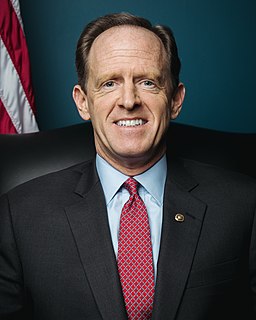A Quote by Grover Norquist
As long as we're focused on spending, there are only two ways to do that: One is spend less, and Democrats have no solutions for that. Or we have pro-growth policies that make the economy grow so the dead-weight cost of government becomes a smaller percentage of the economy and therefore less expensive.
Related Quotes
There's no way you can grow an economy with that, with that many people not working and not paying taxes, you can have any kind of government solvency, you can't have any kind of growing economy, which is exactly what the Democrats want, by the way. Much better for the Democrats that you don't work. The more you work, the less dependent on them you are. If this sounds hideous, I'm sorry, it's true.
What does it mean when Republicans and Democrats alike warn us about the 'pain' involved in cutting government spending - in their spending less of our money? For the average citizen, what pain is there in his keeping more of his money to invest it the way he wants? Taxes cost people. Tax cuts do not cost government.
In the eighties and nineties, the innovation agenda was exclusively focused on enterprises. There was a time in which economic and social issues were seen as separate. Economy was producing wealth, society was spending. In the 21st century economy, this is not true anymore. Sectors like health, social services and education have a tendency to grow, in GDP percentage as well as in creating employment, whereas other industries are decreasing. In the long term, an innovation in social services or education will be as important as an innovation in the pharmaceutical or aerospatial industry.
The US economy, because it's so energy wasteful, is much less efficient than either the European or Japanese economies. It takes us twice as much energy to produce a unit of GDP as it does in Europe and Japan. So, we're fundamentally less efficient and therefore less competitive, and the sooner we begin to tighten up, the better it will be for our economy and society.
I would cap the amount of federal government can spend at 20 percent of the economy. Bring it back to 20 percent or lower. And say, we are not going to spend above that level. Democrats, they want to raise your taxes and spend more and more and turn us into an economy which is no longer driven by the private sector.
My advice would be, as you consider fiscal policies, to keep in mind and look carefully at the impact those policies are likely to have on the economy's productive capacity, on productivity growth, and to the maximum extent possible, choose policies that would improve that long-run growth and productivity outlook.






























